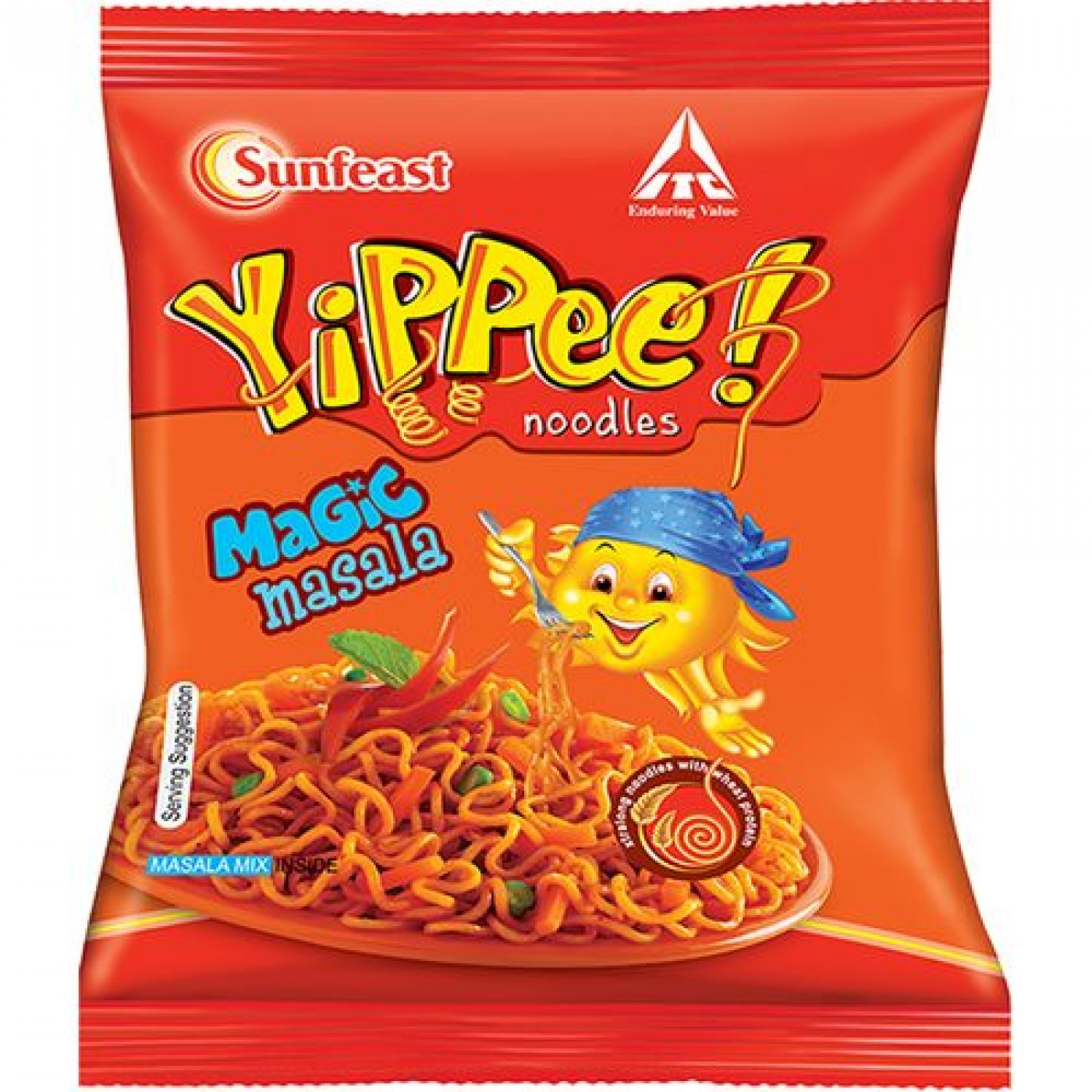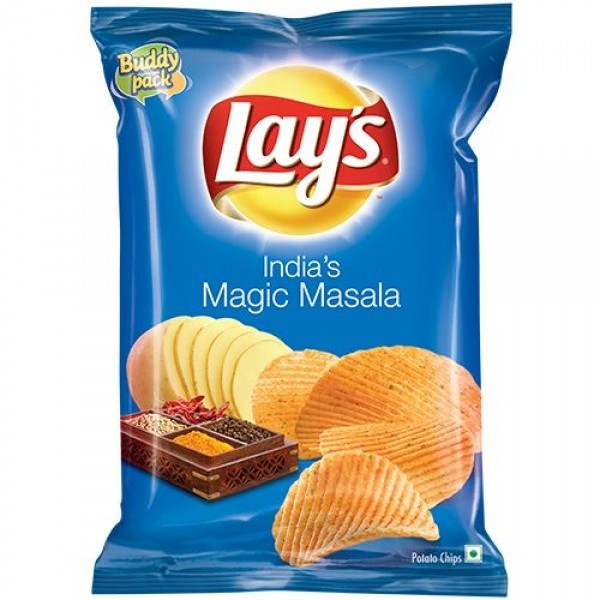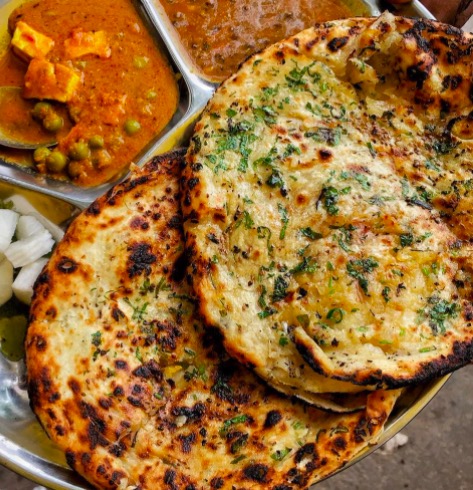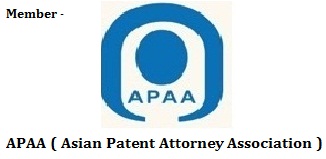BY SIDDHARTH SONI


The Madras High Court has finally concluded the battle between two Fast Moving Consumer Goods (FMCG) manufacturers Nestle India Limited and ITC Limited over the use of the expression ‘Magical Masala’ in the former’s Maggi brand of instant noodles. The facts of the dispute are as follows:
Yippee had been using the expression of ‘MAGIC MASALA’ over its instant pack of noodles since the year 2010. However, in the present case, Nestle had pre-empted such a move by using ‘Magical Masala’ in Maggi in 2013 itself. The Hon’ble Court has held that “such adoption of the expression cannot be said to be mala fide. It was a legitimate adoption by the defendant as no person can appropriate common and laudatory words. Laudatory epithet cannot be given monopoly or protection,”. The court also pointed out that the words Magic and Masala were used widely by many in the FMCG industry.
Though Sunfeast was the first to use the expression ‘Magic Masala’ for instant noodles, Pepsico had been using the same expression for its Lay’s brand of chips even before 2010, the judge pointed out. He also said that the Annual Reports of ITC Limited clearly show that it had not conceived the expression, under contention, either as a brand or sub-brand.

Further, after comparing the wrappers of Sunfeast Yippee Noodles Magic Masala and Maggi Xtra delicious Magical Masala, the judge found them to be completely distinctive without any scope for confusion between them. Hence, the charge levelled against Nestle of misrepresentation and misleading the consumers stands disproved, he ruled.
Disclaimer: The views and opinions expressed in this article are those of the authors and do not necessarily reflect the official policy or position of any agency of the Indian government. Examples of analysis performed within this article are only examples. They should not be utilized in real-world analytic products as they are based only on very limited and dated open source information. Assumptions made within the analysis are not reflective of the position of any Indian government State.
The author is a 2nd-year law student at Symbiosis Law School, Pune.
BY SIDDHARTH SONI
Chur Chur Naan is an Indian bread that is baked in tandoor and is a famous dish. This dish sparked a legal fight between two neighborhood shops in Delhi over the trademark for ‘CHUR CHUR NAAN’.The owner of one shop, claiming that he has exclusive rights over the said trademark, sued another for blatantly copying it.

Pardeep Kumar Jain, who runs a small eatery ‘Jain’s Amritsari Chur Chur Naan’ in the busy Paharganj market, took his rival Rajan Seth to court, claiming that chur chur naan was “created” by his father in the 1980s. Jain filed a petition in the high court against Seth for using the term chur chur naan as part of his restaurant’s name. Praveen Kumar Jain (Plaintiff) is the owner of various trademarks including ‘CHUR CHUR NAAN’ and ‘AMRITSARI CHUR CHUR NAAN’ and is selling Naan and related food items in Paharganj, Delhi. Plaintiff enjoys exclusive rights under Section 28 and 29 of the Trade Mark Act, 1999 (‘Act’) therefore Plaintiff is claiming exclusive rights in the expression `Chur Chur Naan’ against the Rajan Seth (defendant) who uses a similar expression for its outlet.
The Plaintiff while relying upon several judgments namely in Automatic Electric Limited v. R.K. Dhawan & Anr. 77(1999) DLT 292 (hereinafter referred to as, “Automatic Electric”) and The Indian Hotels Company Ltd and Ors. v. Jiva Institute of Vedic Science and Culture 2008 (37) PTC 468 (Del) (hereinafter referred to as, “Jiva Institute”), contended that since Defendants themselves having applied for the registration of the mark ‘PAHARGANJ KE MASHOOR CHUR CHUR NAAN‟, they are estopped from claiming that the expression ‘CHUR CHUR NAAN‟ is generic and descriptive.
Plaintiff contended that it enjoys an enormous reputation and this is evident from the fact that the Plaintiff has been covered on television channels as Paharganj Ke Mashoor Chur Chur Naan and the said fact shows that the Plaintiff is entitled to an injunction owing to the extensive goodwill which it enjoys. The Plaintiff further submitted that various marks such as ‘EENADU’ and ‘PAKWAN’ which are also descriptive have already been protected by Courts. In lieu of the above, the Plaintiff sought an injunction against the Defendant Nos.1 and 2 from using the name ‘PAHARGANJ KE CHUR CHUR NAAN’ and ‘AMRITSARI CHUR CHUR NAAN’.
It is the submission of the defendants that there are a large number of outlets that use the name ‘CHUR CHUR NAAN‟. It was further submitted that the trademarks of the Plaintiff are liable to be rectified as they lack basic distinctiveness. The Defendant also contended that ‘PAHARGANJ KE MASHOOR CHUR CHUR NAAN‟ is completely descriptive, no monopoly can be granted to such descriptive/generic expressions.
The Hon’ble Delhi High Court, after quashing the plaintiff’s petition, has held that
“There is no doubt that the Plaintiff does have registrations for the marks ‘CHUR CHUR NAAN‟ and “AMRITSARI CHUR CHUR NAAN‟. The registrations thus confer exclusive rights as per Section 28 of the Act. However, the rights of a registered trademark holder are not absolute inasmuch as both Section 28 & 29 are subject to the exceptions carved out to infringement of registered trademarks. Under section 35 of the Act (Refer to Section 35 at the end of the brief), if there is a bona fide description of the character or the quality of the goods or services, there cannot be an infringement of a registered trademark.”
Expressions such as ‘NAAN, CHUR CHUR NAAN, AMRITSARI CHUR CHUR NAAN” are similar to expressions such as Amritsari Kulcha, Malabar Parantha, Hyderabadi Biryani, Kashmiri Dum Aloo, Chettinad Chicken, Murthal ke Paranthe, Mangalore idli, etc., and such other food products which are used in common parlance by the general public. The word ‘CHUR CHUR‟ merely means `crushed’ and `Chur Chur Naan’ means `Crushed Naan’ and nothing more. It is incapable of acquiring trademark signification. ‘CHUR CHUR‟ is a terminology which is used in normal conversational language and there cannot be any monopoly in respect of an expression such as “CHUR CHUR‟. The Plaintiff has obtained registration of the marks ‘CHUR CHUR NAAN, AMRITSARI CHUR CHUR NAAN’, but the same would not in any manner prevent the bonafide description of the character of the naan which is crushed i.e. ‘CHUR CHUR NAAN’.
In addition, HC mentioned that incase the registrations are wrongly granted or applied for in respect of completely generic expressions, the Court cannot ignore the generic nature of the marks and confer a monopoly on the same in favor of any party. In the present case, the issue is that the expression is completely generic.
Delhi High Court held that it cannot ignore the generic nature of the marks and confer a monopoly on the same in favor of any party. However, in order to avoid confusion Defendants agreed to change its name of their outlets to ‘PAHARGANJ SETH KE MASHOOR CHUR CHUR NAAN’ and ‘PAHARGANJ SETH KE MASHOOR AMRTISARI NAAN’ while ensuring that entire name shall be used in the same font, color and in the same style without giving any undue prominence to ‘CHUR CHUR NAAN’ or ‘AMRITSARI CHUR CHUR NAAN’ in 30 days.
Disclaimer: The views and opinions expressed in this article are those of the authors and do not necessarily reflect the official policy or position of any agency of the Indian government. Examples of analysis performed within this article are only examples. They should not be utilized in real-world analytic products as they are based only on very limited and dated open source information. Assumptions made within the analysis are not reflective of the position of any Indian government State.
The author is a 2nd-year law student at Symbiosis Law School, Pune.






